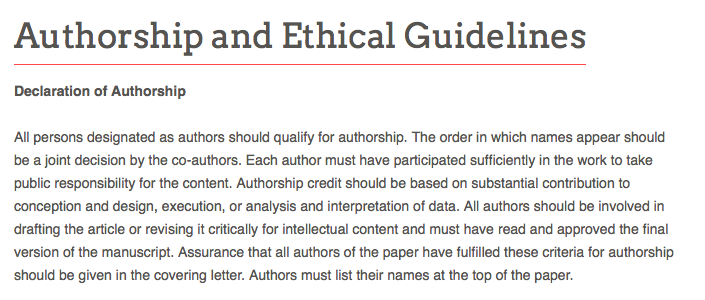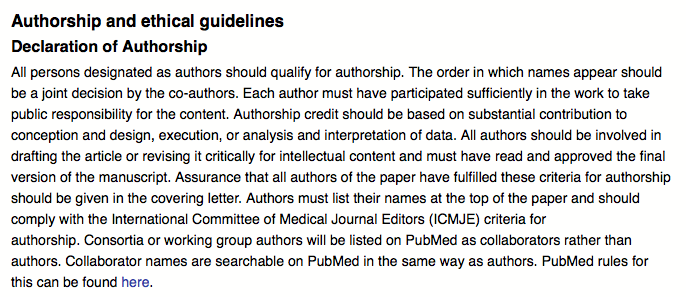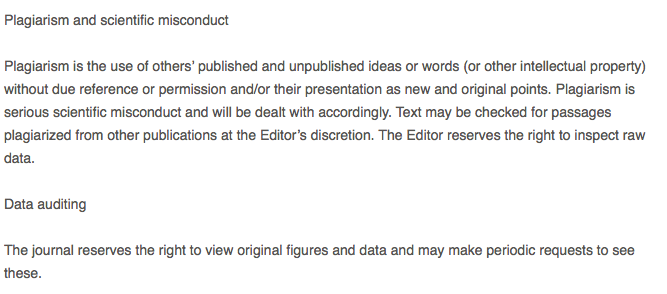In the last few years the number of "open access" journals has burgeoned. Open access journals are free to read, which limits their ability to raise money from subscriptions, and they typically charge authors a fee for publication. This may sound a little odd, but "page charges" are standard at many traditional journals. That said, this business model creates a challenge: set your standards too high and you won't be able to meet your payroll; set them too low and you won't be taken seriously by the scholarly community.
Open access also creates opportunities for scammers who are happy to sit at the bottom of the food chain. The phenomenon is known as "predatory open access", and a handy list of possible bucket-shop operators is available online. Predatory journals prey on those who are too naive to realise what is going on, or are either vain or venal enough to pay to see their name on a "published" article and I get spam every day from these outfits asking for submissions. They really do publish pretty much anything in return for money, as the authors of a paper entitled "Get Me Off Your &*^#ing Mailing List" discovered last year (although they didn't actually say &*^#) when they tried to stem the flow of email from predatory journals.
I normally just ignore these entreaties, but over the last few weeks, "AshEse Visionary" popped up more than once in my inbox. I accidentally clicked on the link, and found this:
http://www.ashese.co.uk - downloaded January 14, 2015.
After learning that this journal will "work with Arthurs every step of the way" I couldn't resist digging deeper, despite not being an Arthur myself.
Surfing around their site, it struck me that their "instructions for authors" page was very clear and well-written. Who wrote it is far less obvious though, as googling a few key phrases turns up the same text in a slew of places. Looking at the first few pages of hits, almost all of them are on the list of possible predatory journals, or look as if they should be.(In fact, does using this content indicate that you should be on the list?)
And it has to be said that Ashese has strict ethical guidelines for its authors, even if these do bear a striking resemblance to those of the journal Brain, as you can see from the following samples:




I am still a huge fan of open science, despite the barrage of pay-to-play spam, and would love to live in a world where all scholarly publications were freely available to anyone who wants to see them. But I am beginning to think we need peer review for journals, as much as we need it for the articles within them.

